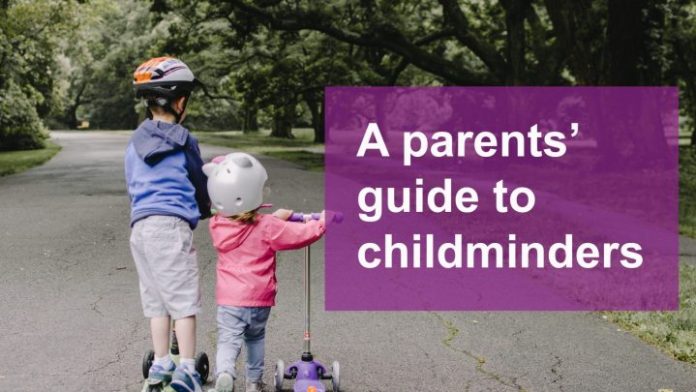Are childminders the right childcare choice for your family? Find out what childminders can offer, how they can help with your child’s development and what funding schemes you can use to help with the costs.
- What are the benefits of using a childminder?
Children and families are unique – you should choose a childcare option that works best for you and your child. Some families will find childminders more suitable because they can:
- provide flexible care
- work with small groups of children
- offer care in a home environment
- look after siblings of different ages
- collect children from school and/or pre-school
- take children on outings to play parks, local attractions and libraries etc.
- Can you use free early education for 2 to 4-year-olds and other childcare funding schemes with a childminder?
Yes, many childminders offer up to 15 or 30 hours free early education. You can also use Tax-Free Childcare, the childcare elements of Tax Credits or Universal Credits with registered childminders. If in doubt, contact the childminder to ask if this is something they offer. If not, you can ask them to consider signing up to these schemes.
- Will a childminder help with my child’s development?
Childminders follow the same standards as nurseries and pre-schools, as set out in the early years foundation stage. Your child will learn mostly through play-based activities, which encourage development in areas such as communication, physical development and building relationships.
Childminders are also registered and inspected by Ofsted to ensure they are meeting the required standards. They will receive an inspection outcome result (Outstanding, Good, Requires Improvement or Inadequate). You can filter your childcare search on our Family Information Directory by Ofsted inspection results.
- What about safety and staff checks?
To care for children on their premises, your childminder will have:
- a paediatric first aid certificate
- a Disclosure and Barring check for criminal convictions (DBS)
- public liability insurance
- received a visit from Ofsted to ensure their premises and any equipment are safe and suitable for childcare
- Ofsted inspections to judge the quality of care and education
If childminders have assistants working for them, they must ensure they are suitable to work with children.
- Do childminders care for school-aged children?
Yes, as well as caring for younger children, many childminders offer out of school care. This includes before and after school and during the holidays. Most will take and pick up children from school. Search the county council directory and contact local childminders to see what they can offer, including which schools they pick up from.
- Are you related to your childminder?
If your childminder is either your child’s grandparent, uncle/aunt or brother/sister there may be differences to the way you can use your funding. If they are a registered childcare provider and they are caring for your child on their own premises, rather than in your home, you can use Tax-Free Childcare to pay, or claim tax credits if you’re eligible. Your child cannot receive their 15 or 30 hours free childcare from a relative.
Using the council’s Family Information Directory, you can search for childminders and filter by:
- location
- Ofsted inspection result (each childminder record also has a link to their Ofsted report)
- those who offer free early education for 2 to 4 year olds
- records with extra information about how they support children with SEN and disabilities
Search the Family Information Directory
If you’re unsure what to look for, Five Steps to Choosing Childcare could help.
If you’re struggling to find the right childcare provider for your family, the council says it will do everything we can to help. Contact them on familyinfo@dorsetcc.gov.uk.











